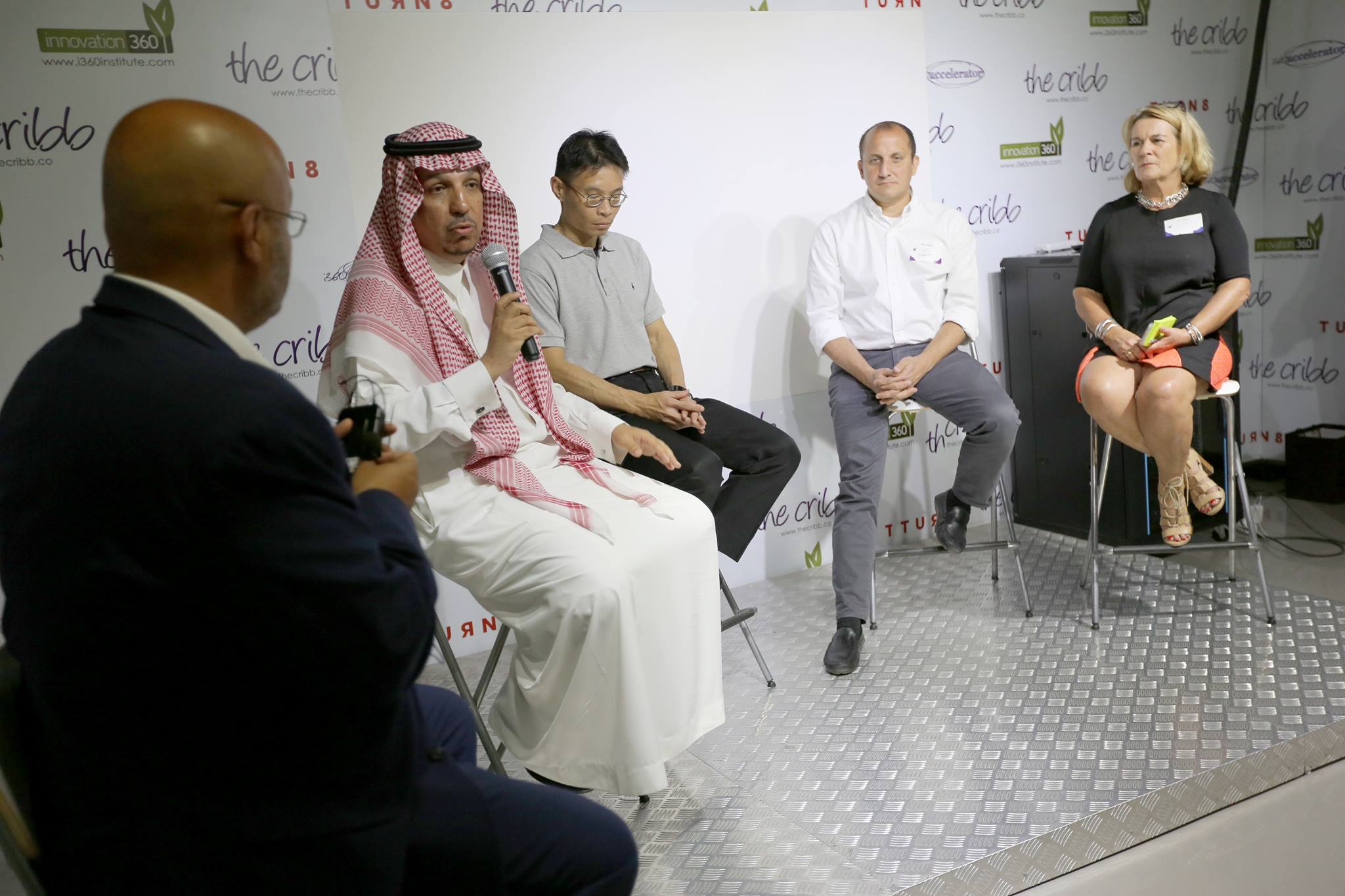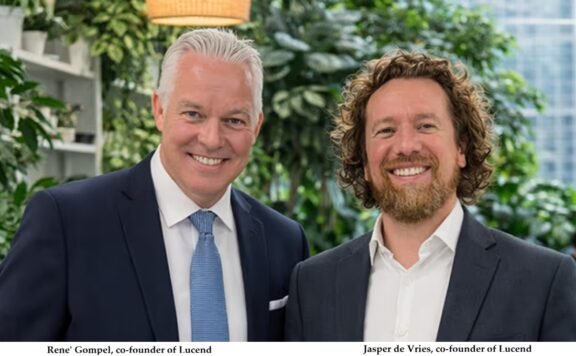Dubai-based incubator, The Cribb, has marked its third anniversary. The company celebrated its achievements at its headquarters in Al Quoz, Dubai with over 100 startups and corporates representatives attending the event.
In the last three years of operation, the incubator has forayed into corporate venturing and launched the incubator 2.0. The Cribb will now embark on a journey to introduce corporates to the startup ecosystem in the region and vice-versa to strengthen it further.
Started in 2013 by Kamal Hassan, investor, serial entrepreneur and innovation expert, The Cribb is a space where innovators and creative minds can get together and enrich the startup ecosystem in the region. The Cribb has so far incubated over 200 startups and has recently launched The Cribb Academy, its in-house training courses for the region’s most promising entrepreneurs, intrapreneurs and corporates.
Kamal Hassan said, “This year, we have seen a revenue growth of 48% (YOY) and with recent developments in the space we are looking forward to exciting times ahead. After the launch of the Cribb Academy, we are looking forward to scale up in corporate venture programs, which will help create visibility and culture, co-development and venture in businesses.”
The celebrations had a series of events around corporate venturing – which is where an organization buys an equity stake or enters in a joint venture with an innovative startup to gain competitive advantage – and its impact on private and government organizations. The event started with experts Riyadh Al Ruwais, Partner at STC Ventures, and Wai Lum Kwok, Executive Director of Capital Markets Financial Services Regulatory Authority, Abu Dhabi Global Market (ADGM), delivering keynote speeches.
Riyadh Al Ruwais provided insights on corporate venture capital and how it is different from institutional venture capital. “Large companies can be slow moving and bulky, making it tricky to come up with innovative products or services. Because R&D usually means more hiring, higher capital expenditures and increased fixed operating costs, all without the guarantee of a return. A Corporate Venture Capital (CVC) model, however, provides an opportunity for innovation without paying high R&D costs or incurring too much risk. Corporate venture capital also lets large companies operate on a smaller scale, which lets them innovate faster and gain the first mover advantages over the competitors. And it’s an efficient way for companies to explore potential acquisition targets. Statistics show that about one-third of corporate venture-backed startups have been acquired, versus 10 percent of startups with funding only from private venture capital. CVC is very active in startup ecosystem Over 50% of the Top 100 companies on the fortune list have an active VC investment’s and this has significantly grown in past five years and more than 800 CVC completed an investment last year which is 80% jump in compare with 2011,” added Riyadh.
Wai Lum Kwok shared insights on the role financial regulators can play to support FinTech community. He said, “Globally, FinTech ecosystems have stimulated technological innovation, improved efficiency of financial markets and systems, and raised the standard of overall customer experience. Such ecosystems have enabled growth opportunities in many segments, from data analytics, payments, software, financial platforms to mobile banking and more. Regulators, like ADGM, can play a meaningful role in supporting innovation and allowing developments of innovative solutions to enhance the marketplace. In this regard, ADGM is developing a FinTech Regulatory Laboratory to provide a well-regulated platform for FinTech participants in UAE and the MENA region to develop and test their innovation in a safe environment.”
The event concluded with a thought leader panel discussion around the role of corporate ventures in the startup ecosystem, the importance of corporate venturing for companies. Samir Moftah, Future Innovation R&D Leaders and Lynne McColl, Future Innovation Leader at MARS were also seen as part of the panelists.
“Mars is excited to be working with the innovation and start-up community in Dubai and across the UAE. Mars is a principles based company that strives to make a difference to people and the communities from where we operate. One of these principles is Mutuality, which translates to engaging, supporting, and collaborating with local community initiatives such as start-ups who can provide and share with us insights and help us to develop better experiences and propositions for our consumers. We are extremely excited to be included as part of the Cribb’s three-year anniversary and very much look forward to working together. Thank you for inviting us to the eco-system,” said Samir Moftah.
“Companies in the region are now beginning to look at startups as a way to innovate. Corporates can accept innovation in three ways, organically engaging in internal research and development and testing new products, and further encouraging the ones that work, inorganically by a M&A deal, or by setting up a corporate venture capital,” added Hassan while speaking to the panel members. Corporate venturing by The Cribb will offer visibility and culture, co-development and venture programs for innovative companies in the region and will bridge the gap between startups and corporates looking for innovation.





